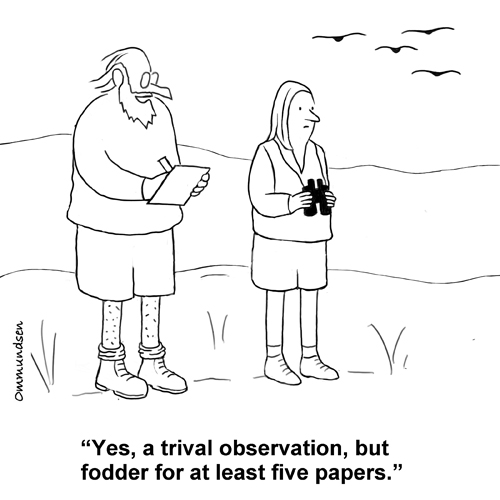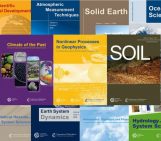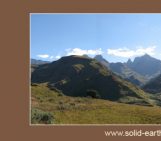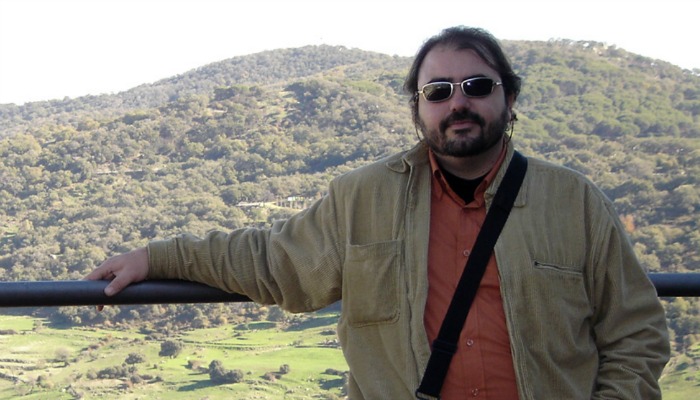
As one of the executive editors of Solid Earth, one of my main duties is to keep up the journal’s reputation and a high quality of published articles. For a manuscript to be considered as a candidate for publication, it is necessary to fall within the scope of the journal. But, in my opinion, it also needs to show “new science”: innovation in the methods or approaches, sound results and conclusions interesting for a wide audience (which does not need to be simply formed by specialized scientists).
Authors who submit their manuscripts to a journal are interested in publication for various reasons, ranging from the altruistic dissemination of research results, look for funds, look for a better position, their own prestige or, simply, to add a new line to their CVs. All these options are respectable. But, from an editor’s point of view…
What are the reasons why an article is accepted?
These are the main properties that I think a scientific article must have:
- The abstract is easy to read by non-specialists in the field of the article and the text is well written, understandable and avoids using jargon.
- It brings new points of view to a particular area. Does the research seek answers to new questions or only repeats/confirms already established knowledge?
- Is the problem studied placed in a wide context and interesting to a large part of society. Is the audience of this article limited to a few people or is it interesting to many? This does not mean that very specific investigations are not taken into account. But the most interesting is your article for a wide audience, the better.
- The results or experimental approach are intereasting for decision makers, technical managers, stakeholders or society in general. How many people will see benefit in your research? Is it useful?
- The findings allow the progress in a field of science, either by proposing new or by developing previous ideas or theories.
- The study’s authors try to stimulate the reader to launch new questions and show future insights.
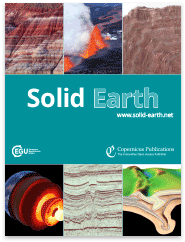 Solid Earth
Solid Earth
Solid Earth (SE) is an international scientific journal dedicated to the publication and discussion of multidisciplinary research on the composition, structure and dynamics of the Earth from the surface to the deep interior at all spatial and temporal scales. More at Solid Earth homepage.

